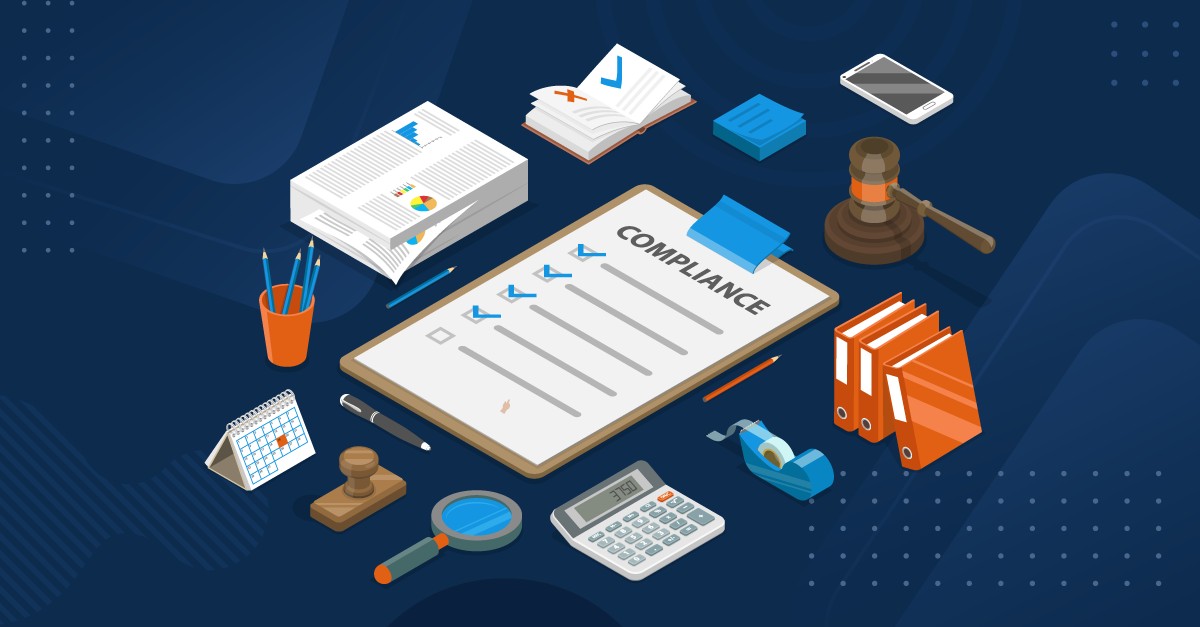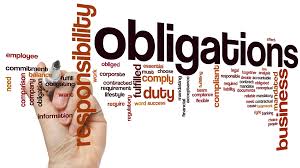Legal Compliance Checklist for Foreign Businesses
Entering the Vietnamese market as a foreign business can offer extensive opportunities for growth and expansion. However, it also involves navigating a complex legal landscape that requires a thorough understanding of regulatory compliance. Ensuring legal compliance is imperative to avoid disputes, penalties, and reputational damage. This comprehensive checklist outlines the key legal requirements and considerations for foreign businesses operating in Vietnam, helping them establish a strong foundation for successful and compliant operations.
1. Business Registration
1.1 Determine Business Structure
Foreign investors must choose the appropriate business entity for their operations in Vietnam. Common structures include:
- Foreign Direct Investment (FDI): Establishing a wholly foreign-owned enterprise (WFOE) or a joint venture with a local partner.
- Representative Office: Establishing a representative office to conduct market research or promotional activities without engaging in direct sales.
1.2 Register with the Relevant Authorities
Foreign businesses must complete registration with the Ministry of Planning and Investment (MPI) or relevant provincial authorities, which includes:
- Investment Registration Certificate (IRC): Submit required documents and proposals outlining the nature of the planned investment.
- Enterprise Registration Certificate (ERC): After securing the IRC, file for the ERC to legally establish the business entity in Vietnam.
1.3 Compliance with Specific Sectors
Review sector-specific regulations, as certain industries may impose additional requirements for registration or operating permits.

2. Tax Registration and Compliance
2.1 Obtain a Tax Identification Number (TIN)
Upon business registration, foreign companies must apply for a Tax Identification Number (TIN) with the General Department of Taxation. The TIN is necessary for fulfilling tax obligations.
2.2 Understand Tax Obligations
Familiarize yourself with various taxes applicable to your business, including:
- Corporate Income Tax (CIT): Understand the applicable CIT rate (typically 20%) and any incentives available based on the sector or location of your business.
- Value-Added Tax (VAT): Comprehend VAT obligations on goods and services, which generally ranges from 0% to 10%.
- Withholding Taxes: Be aware of withholding tax requirements on payments made to foreign entities or individuals.

2.3 Maintain Accurate Financial Records
Ensure that proper accounting practices are followed, including maintaining detailed financial records, preparing financial statements, and complying with Vietnamese accounting standards.
3. Labor and Employment Compliance
3.1 Draft Employment Contracts
Each employee must receive a written labor contract that complies with the Labor Code of Vietnam. Essential components include:
- Job Description: Clearly outline roles, responsibilities, and expectations.
- Compensation and Benefits: Specify salary, bonuses, and additional benefits, including social insurance contributions.
- Duration: Define the type of contract (fixed-term or indefinite) and any conditions for renewal.

3.2 Employee Rights and Labor Relations
Familiarize yourself with employee rights and responsibilities under the Labor Code:
- Working Conditions: Ensure a safe and healthy work environment, complying with occupational safety standards.
- Leave Entitlements: Understand employee rights to annual leave, sick leave, and parental leave provisions.
- Trade Union Regulations: If applicable, be prepared to engage with trade unions and comply with regulations regarding employee representation.
3.3 Work Permits for Foreign Employees
If employing foreign workers, ensure compliance with work permit regulations:
- Obtain Work Permits: Apply for work permits for foreign employees, ensuring that they meet eligibility criteria, including qualifications and experience.
- Registration of Labor Relations: Register foreign workers with the local labor authority and adhere to tax and social insurance obligations.
4. Compliance with Industry-Specific Regulations
4.1 Permits and Licenses
Certain industries are subject to additional regulatory requirements. Foreign businesses must obtain the necessary permits or licenses, including:
- Environmental Permits: If your business activities affect the environment, apply for environmental impact assessments and obtain the required permits.
- Health and Safety Permits: Industries such as food and beverage or healthcare may require specific health and safety certifications.

4.2 Sector-Specific Laws
Review and comply with laws specific to your industry. This includes regulations related to:
- Consumer Protection: Familiarize yourself with regulations governing product safety, quality, and advertising practices.
- Technology and Data Protection: Understand laws surrounding cybersecurity, data protection, and intellectual property rights relevant to your sector.
5. Intellectual Property Compliance
5.1 Register Intellectual Property
Protecting intellectual property rights is crucial for maintaining a competitive advantage:
- Trademark Registration: Register trademarks with the National Office of Intellectual Property (NOIP)to secure legal protection against unauthorized use.
- Patents and Copyrights: Apply for patents for inventions and copyrights for original works. This registration is vital for preventing infringement and ensuring exclusive rights.

5.2 Monitor and Enforce IP Rights
- Regular Monitoring: Keep track of potential infringements on your intellectual property and take prompt action against unauthorized use.
- Seek Legal Recourse: Engage legal counsel for assistance in enforcing your IP rights, which may involve sending cease-and-desist letters or pursuing litigation if necessary.
6. Regulatory Compliance and Reporting
6.1 Ongoing Compliance
Maintaining compliance with regulations is an ongoing effort:
- Monitor Legal Changes: Regularly review changes in laws and regulations that may affect your business operations, ensuring that you adapt to new requirements.
- Conduct Compliance Audits: Periodic audits help assess compliance with labor laws, tax regulations, and industry standards, identifying potential risks and addressing them proactively.

6.2 Reporting Obligations
Understand your reporting obligations to local authorities, including:
- Tax Filings: Submit accurate and timely tax returns and financial statements.
- Labor Reporting: Report employee numbers and any changes in employment status to the relevant labor authorities.
7. Engaging Legal Counsel
Utilizing the expertise of legal professionals is essential for navigating the complexities of regulatory compliance in Vietnam. Key benefits of hiring a business lawyer include:
7.1 Legal Expertise
Attorneys specializing in business law and compliance provide valuable insights into the legal landscape, helping you understand your rights and responsibilities as an employer or investor.

7.2 Contractual Support
Lawyers can draft, review, and negotiate contracts, ensuring that agreements comply with Vietnamese laws and effectively protect your interests.
7.3 Risk Mitigation
Legal counsel assists in identifying potential risks and developing strategies to mitigate these risks, ensuring sound compliance practices are in place.
7.4 Representing in Disputes
In case of disputes with authorities or other parties, having legal representation can provide essential advocacy, helping to navigate any legal proceedings effectively.
Conclusion
Navigating the legal landscape in Vietnam requires a thorough understanding of various compliance requirements for foreign businesses. By implementing comprehensive compliance strategies, conducting due diligence, and engaging qualified legal professionals, companies can successfully establish their operations while mitigating risks. Understanding the nuances of Vietnamese law will enable businesses to protect their interests, foster positive labor relations, and enhance operational success in a rapidly evolving market. With diligent efforts and a proactive approach to legal compliance, businesses can thrive in Vietnam’s dynamic economic environment, unlocking opportunities for growth and sustainability.
